From Recognition to Action: Supporting AAPI Health in Central Texas
May 6, 2025
By Dr. Pat Lee, President & CEO of Central Health
Each May, Asian American and Pacific Islander (AAPI) Heritage Month gives us the opportunity to celebrate the cultures, histories, and contributions of the AAPI community.
As a Chinese American and the president & CEO of Central Health, this month is especially meaningful to me—not only as a time of reflection and gratitude, but as a call to action.
The AAPI community includes more than 50 distinct ethnic groups, languages, and lived experiences. Here in Central Texas, we are a vibrant and growing part of the region and make up 8.5% of Travis County’s population, and as much as 20% of the population in Northeast Travis County. Despite our increasing presence, our voices and health needs are not always reflected in public health planning.
At Central Health, we’re committed to deeply understanding and responding to the needs of our community. There are several important issues impacting AAPI residents in Travis County:
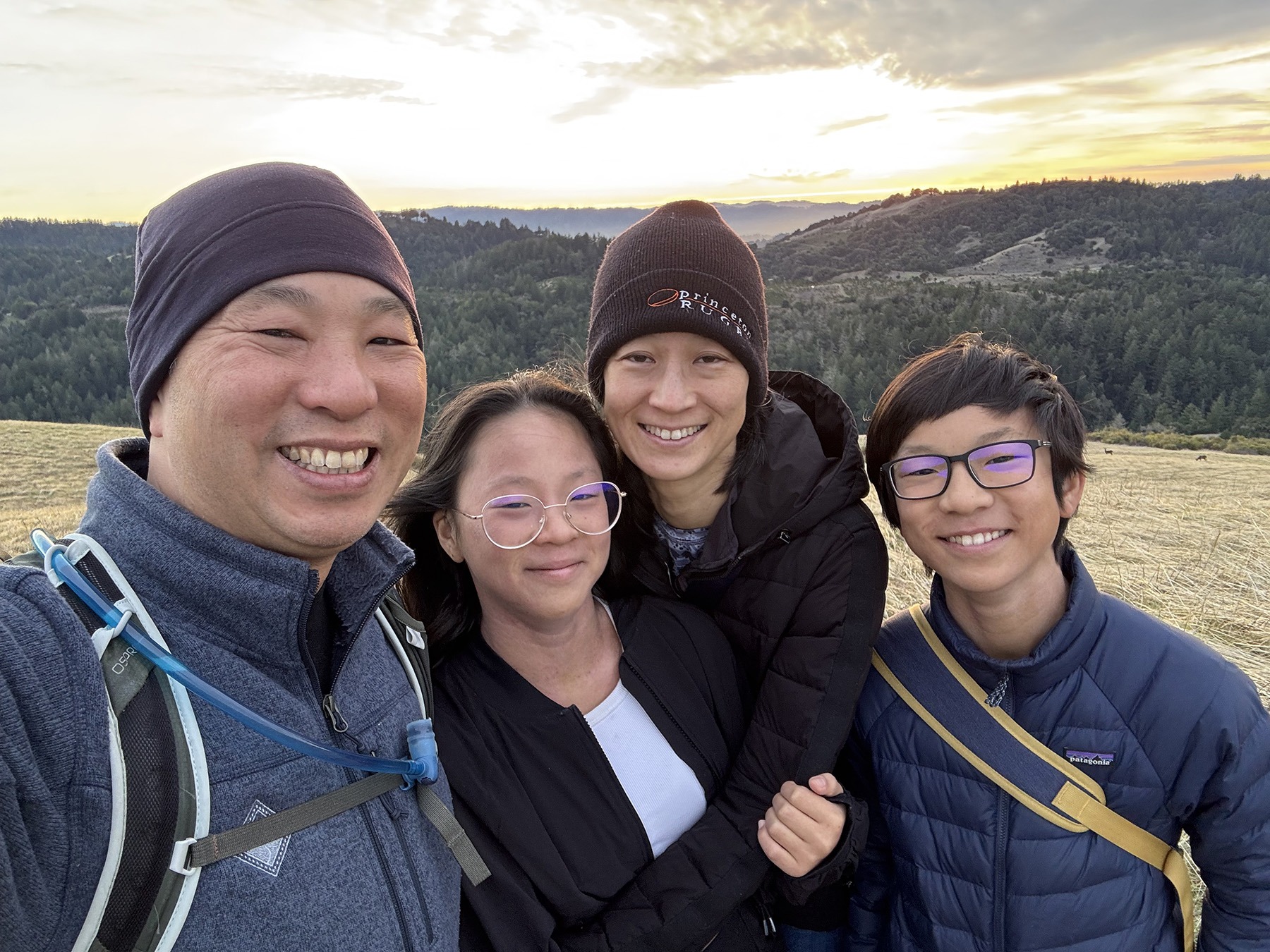
-
Language access remains a challenge. Over 60% of Vietnamese, Korean, and Chinese respondents in Travis County reported communication challenges in health care settings. The majority say they need interpreters or prefer providers who share their ethnic background.
-
Cost is a major obstacle. Nearly half of AAPI adults in Texas have delayed or gone without needed care and prescriptions due to cost.
-
Mental health needs are urgent and under-addressed. Cultural stigma, silence, and limited access to mental health care have created a gap in care. Some residents report that they continue to experience trauma and anxiety caused by the rise in anti-Asian hate during the COVID-19 pandemic.
-
Social factors affect care. Around one in three AAPI residents reports trouble getting to hospitals or clinics because of a lack of transportation, and more than 70% express concerns about food insecurity, which directly impacts overall health.
Turning Awareness into Action
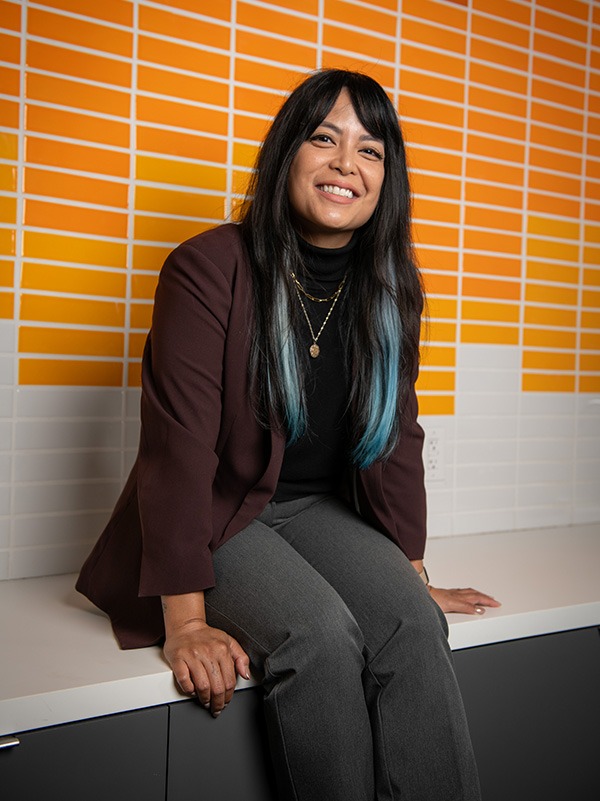
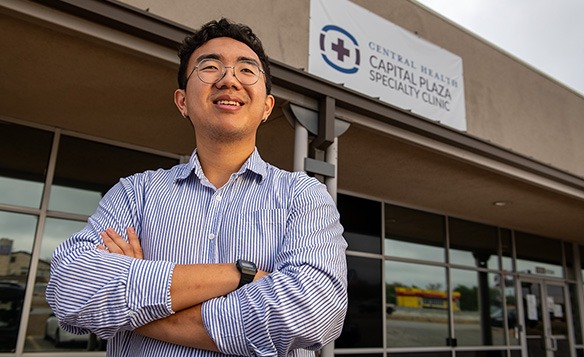
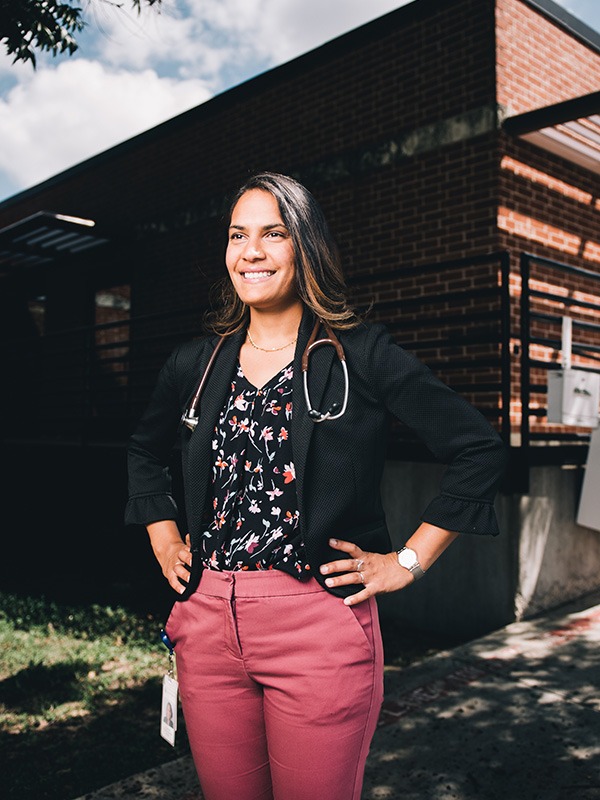
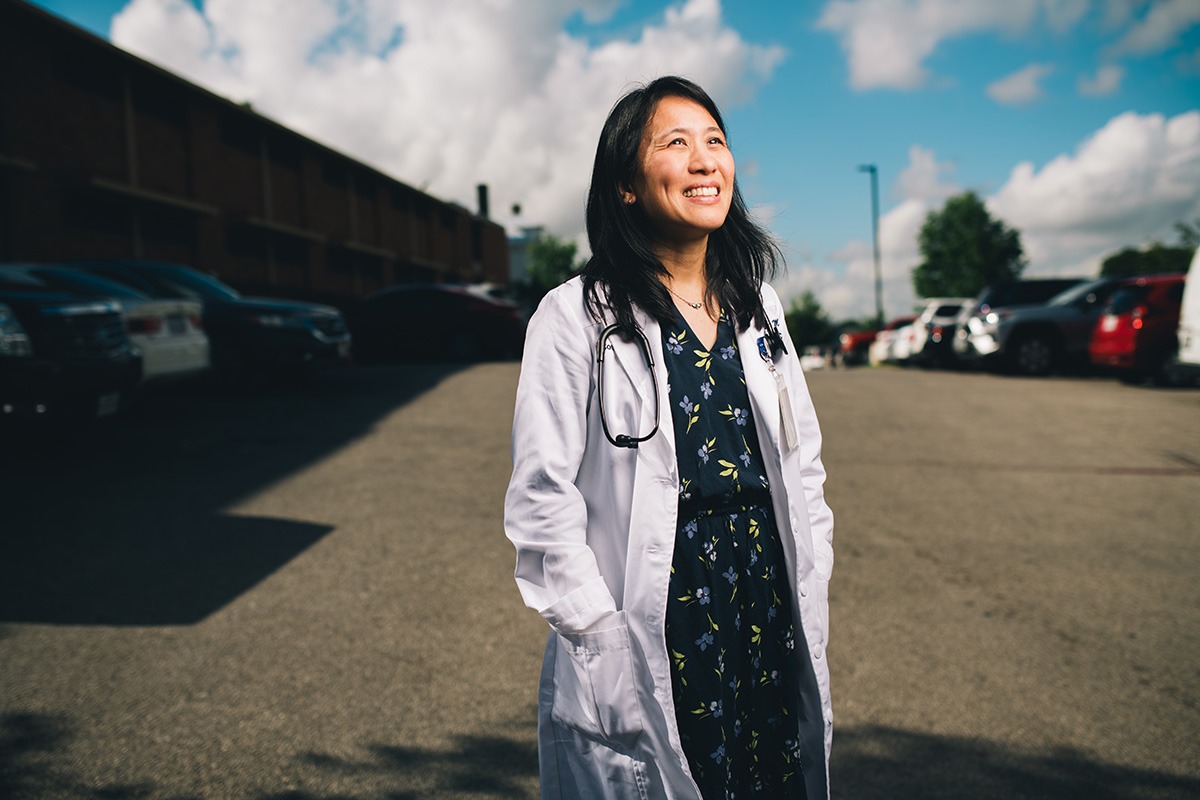
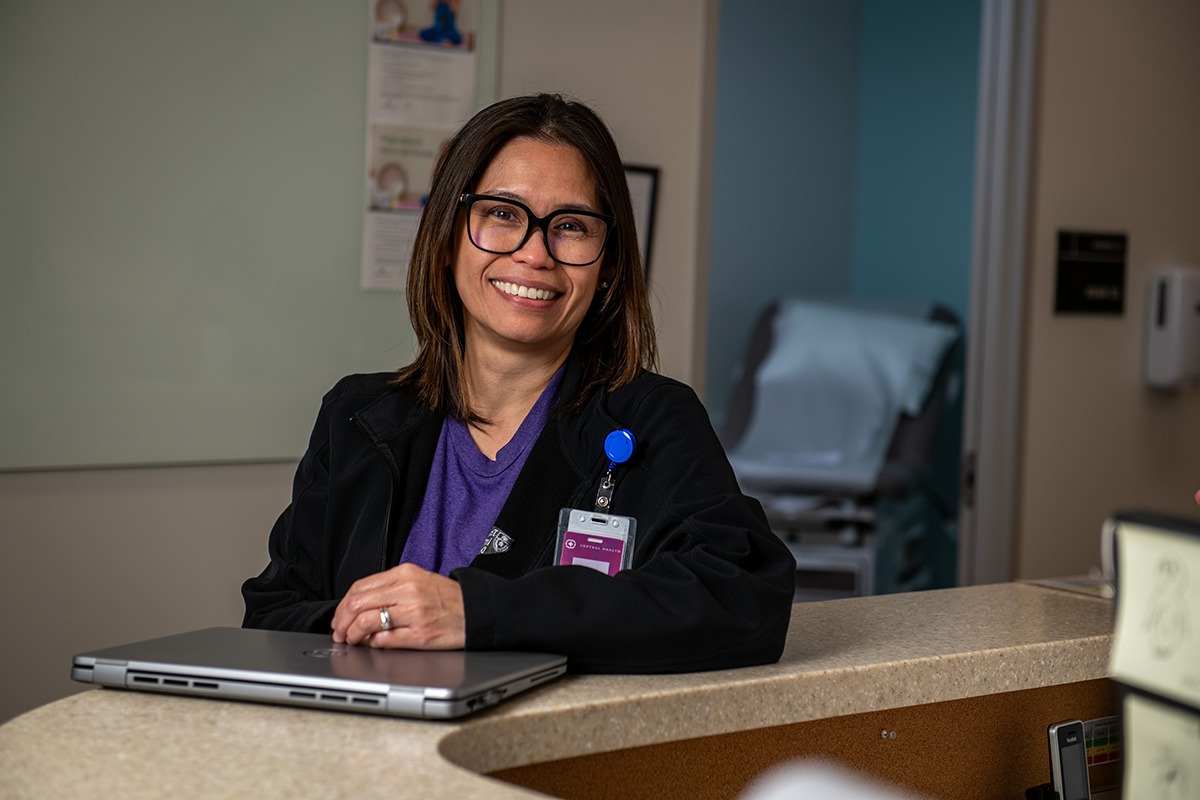
Central Health is not just acknowledging these issues, we’re addressing them head-on:
-
We’ve expanded interpreter services to support the most widely spoken languages among our patients and Medical Access Program (MAP) enrollees, including Vietnamese, Burmese, Mandarin, and Nepali.
-
We’re investing in culturally responsive care and partnering with trusted, community-based organizations like the Austin Asian Community Health Initiative (AACHI) and the Asian American Resource Center (AARC) to bridge gaps in access and trust.
-
We’re fostering deeper community engagement through outreach, neighborhood liaisons, and collaborative initiatives that ensure our AAPI residents aren’t just seen—they’re heard.
-
And we’re incorporating non-medical drivers of health—like transportation, housing, and food access—into how we design programs and support the community.
There is still more work ahead to ensure we meet the needs of our AAPI communities, but I would be remiss not to honor and acknowledge the resilience and strength of Asian American and Pacific Islander communities across generations.
Let this month be a time to reflect, learn, and recommit to a future where everyone, no matter their language, background, or zip code, can access compassionate, high-quality care.
Thank you for being part of this journey.